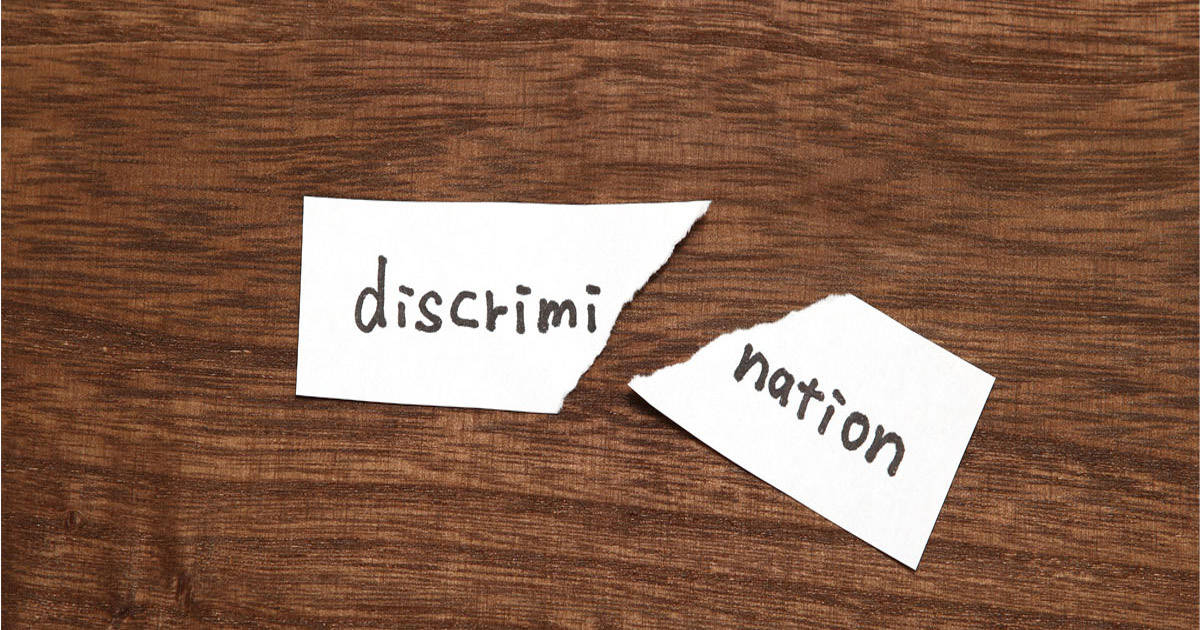Laws against discrimination provide employees with the right to work unimpeded by discrimination based on their protected class. These rights are meaningless if requests to stop discrimination in the workplace are met with retaliation. Accordingly, laws against discrimination also prohibit retaliation against someone seeking to exercise their rights to a workplace free from discrimination. Asserting these rights is termed a protected activity. Examples of protected activity include:
- Cooperating in an employer’s investigation of a complaint of alleged discrimination
- Informing a superior of employment discrimination witnessed
- Participating in an investigation or lawsuit involving a claim of discrimination
- Refusing to follow orders that would result in discrimination
- Resisting sexual advances or intervening in a sexual advance to protect another
- Requesting reasonable accommodation for a disability or religious practice
Cooperating in any complaint process is protected in all circumstances. For other activity, the conduct is examined considering the surrounding circumstances. An employee opposing acts of discrimination is protected so long as he or she is operating under a reasonable belief that the acts violate Equal Employment Opportunity Commission (EEOC) laws. This is true even if the employee is unfamiliar with legal terminology regarding the acts or incorrectly believes the conduct is unlawful. A legal claim establishing retaliation proves that:
- An employee engaged in protected activity
- The protected activity was followed by a materially adverse action against the employee by the employer
- The retaliation was the reason for the employers’ actions
In addition to employees, former employees are also protected against retaliation. For example, an employer giving a false negative job reference to punish a former employee for making an EEO complaint can also be found guilty of unlawful retaliatory discrimination.
EEOC Protected Activity in Context
Employers are entitled to properly discipline or discharge an employee so long as it is neither retaliatory nor discriminatory. However, if an employer’s discipline is done in response to EEOC activity, and it would discourage employees from resisting or complaining about future discrimination, then that discipline would be unlawful. An employer’s retaliatory acts include:
- Increased scrutiny
- Making work more difficult
- Transfer to a less desirable position
- Verbally lashing out
EEOC Maintains Statistics on Reported Cases
The EEOC is the federal agency authorized to receive, investigate, and resolve claims of discrimination in the workplace. This includes retaliation against those who complain about discriminatory practices. The EEOC tracks cases nationwide and analyzes them for trends and frequency.
In a recent year, retaliation in the workplace was the most frequently reported charge. More than half of all cases involved retaliation and has been the most frequently reported charge for over 10 years. About equal in number were charges of discrimination based on disability, race, and sex. Pennsylvania retaliation cases represented 6.2 percent of the retaliation cases reported nationally.
Philadelphia Employment Lawyers at The Gold Law Firm P.C. Advocate for Those Experiencing Retaliation in the Workplace
If you were discriminated against in your workplace or retaliated against for protected activity in combating workplace discrimination, our experienced Philadelphia employment lawyers at The Gold Law Firm P.C. want to help. For a free consultation, call us at 215-569-1999 or submit an online contact form. Located in Philadelphia and Pennsauken, New Jersey, we serve clients throughout Wilkes-Barre, Scranton, northeast Philadelphia, Bucks County, Chester County, Delaware County, Montgomery County, and South Jersey.



































